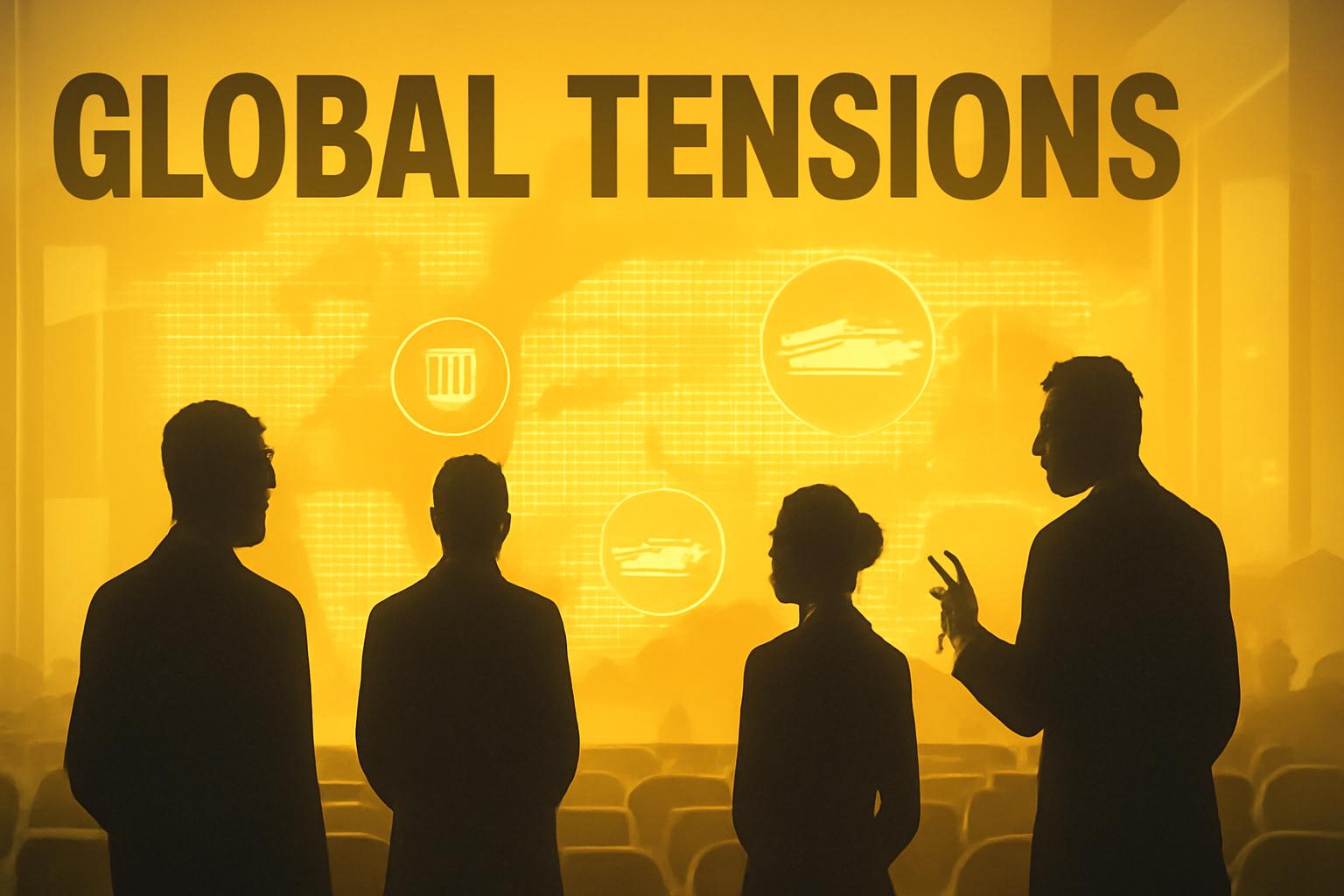Trump Conditions Major Sanctions on Russia to NATO’s Unified Action
On September 13, 2025, President Donald Trump declared his readiness to implement significant sanctions on Russia, contingent upon all NATO members adopting similar measures and ceasing oil purchases from Moscow. He emphasized that the lack of a cohesive NATO stance, particularly regarding energy imports, undermines the alliance’s negotiating leverage against Russia amid the ongoing Ukraine conflict.
Proposal for Tariffs on China to Curtail Influence
In a post on Truth Social, Trump advocated for imposing tariffs ranging from 50% to 100% on China, suggesting these should be lifted after the conclusion of the Russia-Ukraine war. He asserted that China exerts substantial control over Russia, and that these tariffs would weaken Beijing’s grip. Trump characterized this message as a letter sent to NATO nations and the global community.
Support from Treasury Secretary and Strategic Implications
Treasury Secretary Scott Bessent endorsed Trump’s call for a unified economic front to sever financial channels fueling Russia’s military operations. Writing on X, Bessent highlighted that coordinated sanctions are essential to applying sufficient pressure to end the conflict. This stance aligns with broader U.S. efforts to isolate Russia economically.
Previous Hesitation Linked to Peace Prospects
Despite repeated threats, Trump has so far refrained from imposing direct sanctions on Russia, a reluctance analysts attribute to his potential role as a peace broker between Ukraine and Russia. Earlier in September, he indicated a willingness to escalate sanctions but had yet to enact them. Experts suggest that defeating Russia could drive it closer to China, potentially strengthening the latter’s geopolitical position.
Challenges Within NATO Over Russian Energy Imports
Trump criticized certain NATO members, notably Hungary and Slovakia, for continuing to purchase Russian fossil fuels, describing such actions as weakening the alliance’s bargaining power. U.S. Secretary of Energy Chris Wright echoed the sentiment, affirming the goal of displacing all Russian gas to help end the war in Ukraine.
FinOracleAI — Market View
President Trump’s call for coordinated NATO sanctions on Russia and proposed tariffs on China signals a potential intensification of economic pressure on both nations. The emphasis on unified action could increase the likelihood of broader sanctions, impacting energy markets and trade flows. However, divergence within NATO on Russian energy imports and the speculative nature of tariff implementation on China introduce risks of uneven enforcement and market uncertainty.
Investors should monitor NATO’s response and any concrete policy shifts, as well as Beijing’s reaction to tariff threats, which could influence global trade dynamics. The evolving geopolitical landscape remains a key variable for energy prices and international relations.
Impact: neutral













